
This curated suite of resources is designed to provide educators and repair advocates with valuable tools to integrate teaching about repair into any educational setting. Created by educators and repair advocates, resources are targeted for teaching primary and secondary school age youth and include pedagogy, program design, lesson plans, videos, interactive online activities, posters, and more.
By engaging youth in hands-on repair activities, educators help foster critical thinking skills, creativity, awareness of the environment, and agency. While these programs do provide practical skills, they are principally about developing students’ thinking skills, cultivating a mindset of care for the material world, and empowering students to assume full ownership of the objects in their lives.
Combine Filters to Locate Items of Interest
Teaching packs linking repair with sustainability. Comprehensive instruction — light hands-on.
Source — Djapo, Leuven, Belgium; and Sharepair, the European Union
Age — 10 - 12 years old - Volume 1
Age — 14 - 18 years old - Volume 2
Cost — Free
2.0 is an updated and expanded version of their 2024 guidebook outlining how to set up an after-school program to teach students how to repair salvaged computers.
Source — Riot Refurb, South Portland High School, Maine, USA
Age — High school (14 - 18 years old)
Cost — Free
Pedagogy, teaching and learning strategies, tools, and classroom materials. Demonstrates the broad scope of teaching opportunities repair offers.
Source — Agency by Design Oakland; Maker Ed, Berkeley, California, USA
Age — K - 12th grade (5 - 18 years old)
Cost — Free download, (hardcopy available at cost)
A storybook for children, focused on the values of repair and reuse. A brilliant example of how repair can be integrated into core curriculum.
Source — Repair Café Collective India and Repair Café Bangalore Foundation, India
Age — Level 4/5 - India (9 - 12 years old), appropriate for older and younger
Cost — Free
Guide for assembling a kit for teaching about repair. Teaching slide deck. Basic concepts, easy to use. Especially valuable for classrooms.
Source — Boulder U-Fix-It Clinic
Age — Middle school and up (13 years old and up)
Cost — Free guidelines; parts must be purchased
Slide Deck: Basics of the environmental argument for repair, Right to Repair, electric circuits, and how to repair a lamp.
Source — Kimberley Schroder, Nimble Repair
Age — Middle school and up (13 years old and up)
Cost — Free
Hands-on learning kits for the home and classroom, enriching science, tech, engineering and sustainability education through repair.
Source — Team Repair, UK
Age — 10 years old and up, varies by product
Cost — Varies by product
UK: subscription, purchase and classroom kits
USA and EU: for-purchase kits only
Hands-on activity. Product disassembly and exploration.
Source — Team Repair
Age — 10 - 14 years old
Cost — Free
Curriculum, lesson plans and slides for teaching a one-week repair unit in a middle school STEM/Maker class.
Source — Berkeley Unified School District MakerSpaces & Climate Literacy Initiative
Age — 6th - 8th grade (12 - 14 years old)
Cost — Free
Take a look at Re-Thinking Repair in Maker Education Programs to see how you might bring repair into your makerspace, and get in touch if you’d like to help develop and share-out this resource.
Source — The Culture of Repair Project
Age — All ages
Cost — Free
Lesson plans and activities, as well as building plans and supply lists for the cart
Source — Woodland Hill Montessori School, Robert C. Parker School, Rensselaer Repair Café
Age — 1st - 8th grade (ages 6 - 14)
Cost — Free
Library of essays, articles and videos from a wide range of publications about why repair is important.
Source — iFixit, USA and worldwide
Age — High school and up (14 years old and up)
Cost — Free
Anthology of well-selected resources addressing core repair issues — environmental, political, economic; citations for further research; practical how-to’s.
Source — iFixit, USA and worldwide
Age — Middle school and up (12 years old and up)
Cost — Free
Repair-centered lessons and activities, and supplementary resources.
Source — iFixit, USA and worldwide
Age — K - 12th grade (5 - 18 years old)
Cost — Free
Anthology of resources for teaching about repair — topics addressed: environmental, political, economic, technical. Citations for further research; practical how-to’s.
Source — iFixit, USA and worldwide
Age — K - 12th grade (5 - 18 years old)
Cost — Free
Short video and post from iFixit on the basics of Right to Repair.
Source — iFixit
Age — K - 12th grade (5 - 18 years old)
Cost — Free
Video — Big picture on technology, design, repair, social justice and the environment, and agency to change.
Source — iFixit, USA and worldwide
Age — Upper elementary school and up (8 years old and up)
Cost — Free
Lesson plan and workshop guide for connecting hands-on repair and environmental awareness by guiding young children through repairing their own stuffed toys.
Source — WNC Repair Cafe, North Carolina, USA
Age — 1st - 4th grade (ages 6 - 10)
Cost — Free
Materials to organize and teach an after-school enrichment program, culminating in a school-sponsored community repair event.
Source — The Restart Project, London, UK
Age — 7th - 12th grade (13 - 18 years old)
Cost — Free
Three short animations address e-waste, the pressure to replace gadgets, and the materials inside them.
Source — The Restart Project, London, UK
Age — All ages
Cost — Free
These workshop materials include educational slides, lesson plans, supply lists, budget forms, templates and videos.
Source — High School of Fashion Industries (HSFI) and Repair Shop, New York, USA
Age — 9th - 12th grade (14 - 18th years old), adaptable for 6th - 8th grades (12 - 14 years old)
Cost — Free
Very accessible, animated video addressing consumption, the linear and circular economies, and where repair fits into caring for the earth.
Source — Share and Repair Bath, UK
Age — All ages
Cost — Free
A lesson introducing learners to the molecular science behind adhesion, with reflection exercises, bringing repair and sustainability into the science classroom.
Source — Barnard College, Columbia University, New York, NY USA
Age — Designed for K - 8 ( 5 - 14 years old); adaptable to high school (14 - 18 years old)
Cost — Free
Teen-focused mending and clothing mods workshop for libraries and similar organizations. Includes lesson plans, suggested tools and materials.
Source — Rediscover Center, Los Angeles, California USA
Age — 9th - 12th grade (14 - 18th years old), adaptable for 6th - 8th grades (12 - 14 years old)
Cost — Free
A short catalogue of books appropriate for different age youth and adults.
Sources — Various authors and publishers
Age — Middle school and up (13 years old and up)
Video describing an on-campus, student-run repair program.
Source — Ethical Culture Fieldston School
Age — Middle school and up (13 years old and up)
Cost — Free
Teacher lesson plan and student worksheets.
Source — Rethink Waste, California USA
Age — 3rd - 5th grade (9 - 11 year olds)
Cost — Free
Ten lesson plans tied to multiple subject areas. One hour each. Linked to Primary National Curriculum, adaptable to any school context.
Source — Malvern Hills Repair Cafe, UK
Age — Ages 10 - 11; adaptable to 7 - 14 year olds
Cost — Free
Lesson plans, learning intentions, materials required, etc. Linkages to UK national curriculum standards, adaptable to any school context.
Source — Repair What You Wear, UK
Age — Ages 6 - 18
Cost — Free


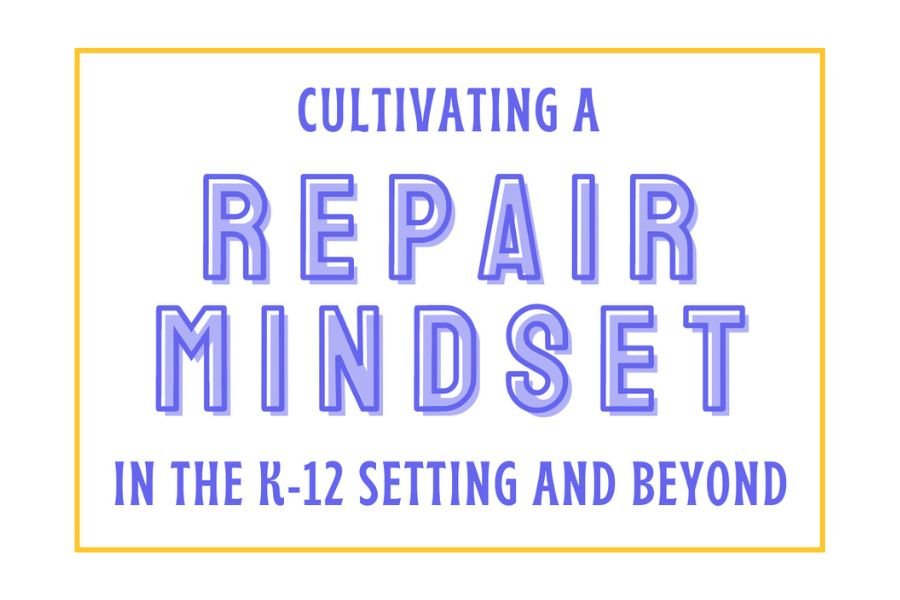










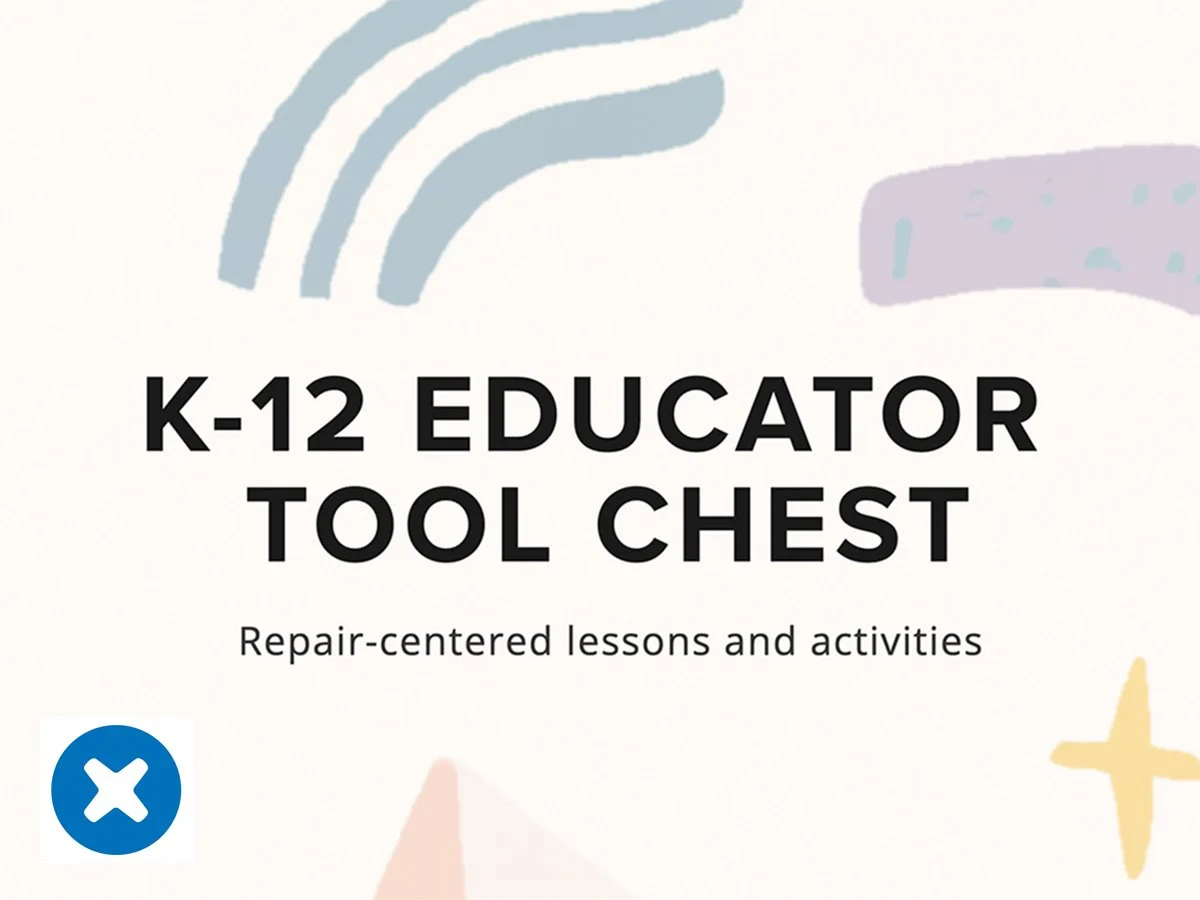







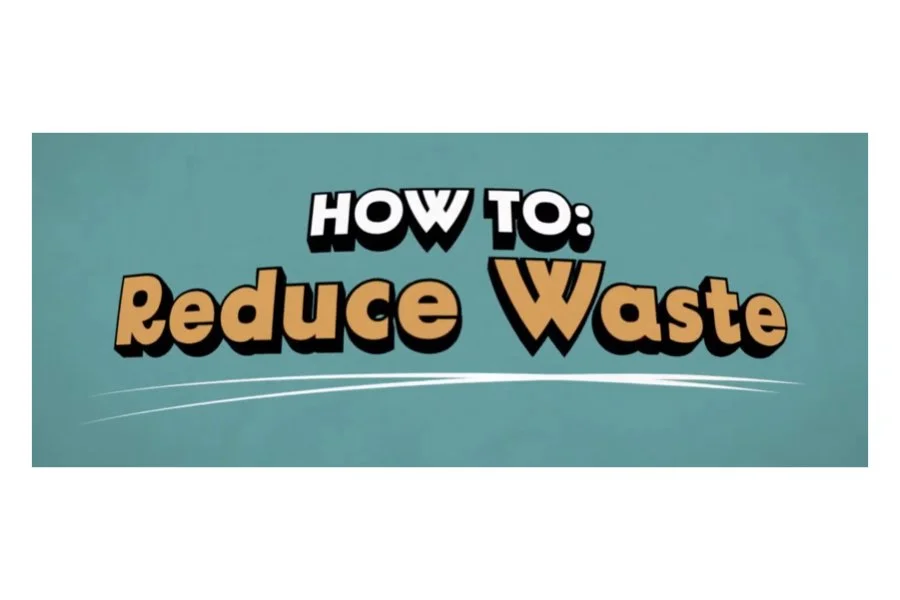




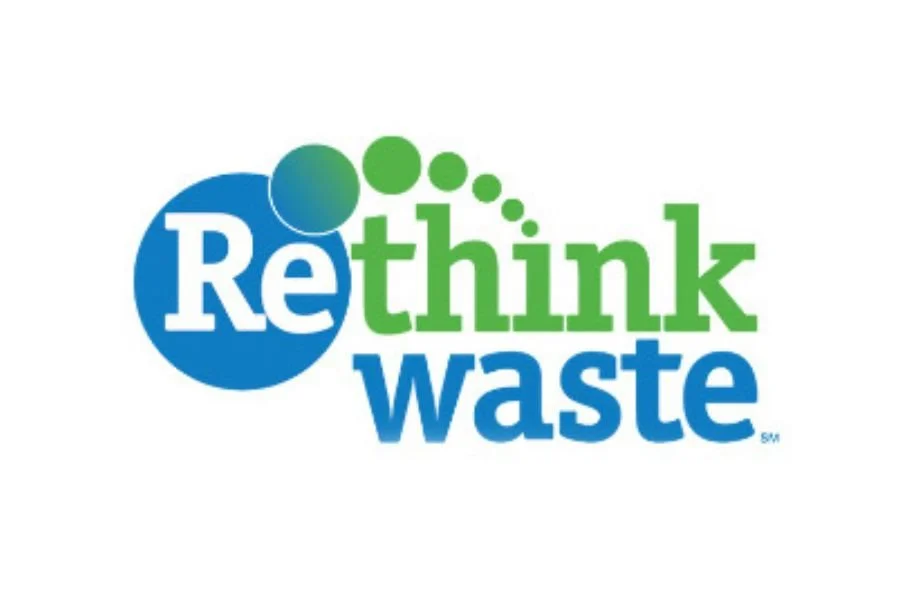


Comprehensive handbook for establishing a student-run repair program in schools.
(English, Spanish, German and French)
Source — Rudolf Steiner School, Munich, Germany
Age — 5th - 12th grade (11 - 18 years old)
Cost — Free download (English hardcopy available at cost)